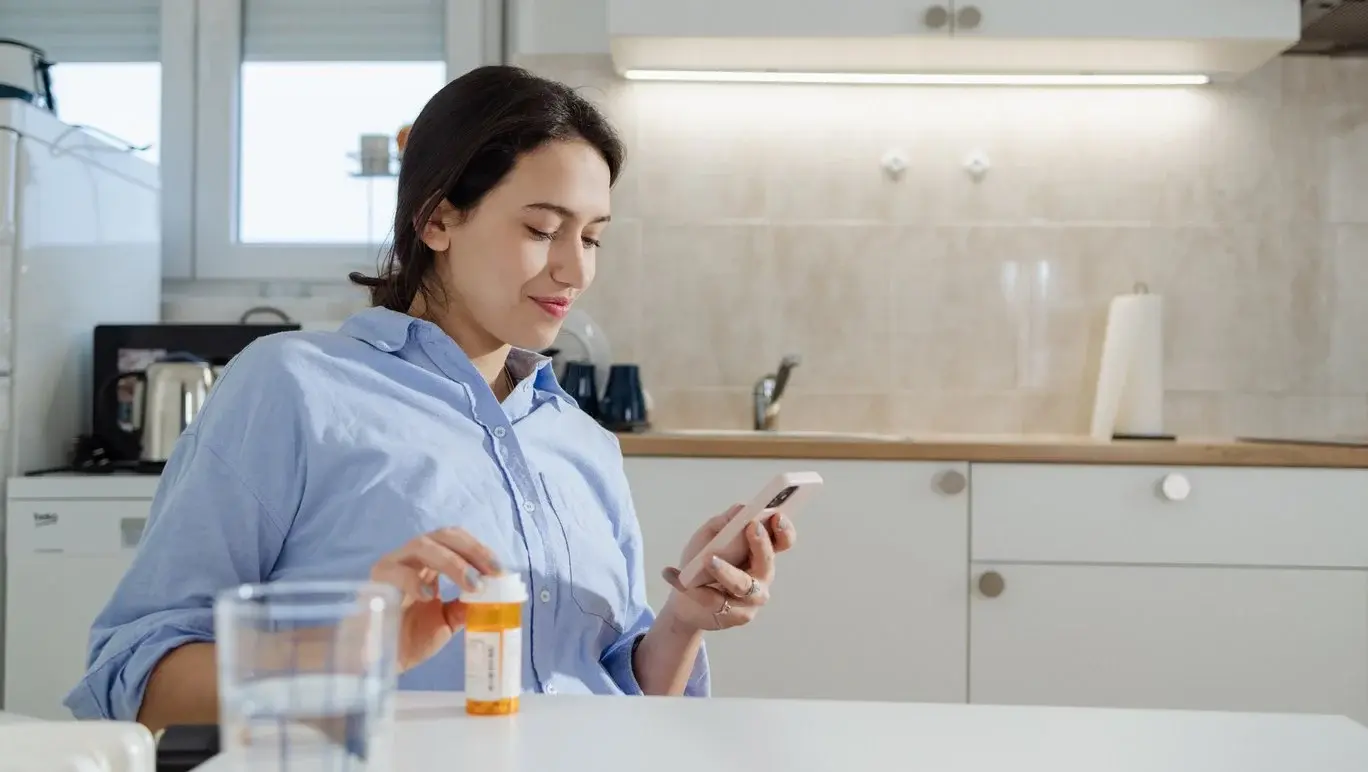Do you really need antibiotics?

The use of antibiotics has changed the world since they were discovered early in the twentieth century, saving millions of lives and increasing life expectancies across the world. However, it has become clear that using antibiotics can have some significant drawbacks and both the benefits and the risks should be considered before taking them.
What are antibiotics?
Antibiotics are medications designed to either kill bacteria or stop them reproducing, which supports your immune system to deal with the infection. There are hundreds of different antibiotics and they are used in different situations. Some antibiotics work against a number of different types of bacteria; these are called broad-spectrum antibiotics. Other antibiotics work specifically against particular groups or types of bacteria, these are called narrow-spectrum antibiotics.
Antibiotics can also be defined by how they work or what sorts of infections they are used for - by location of infection or type of bacteria. Antibiotics can be taken orally as a tablet, capsule or liquid, as a cream, lotion or drops, or as an injection.
What is antibiotic resistance?
One of the reasons to consider before taking antibiotics is the risk of antibiotic resistance. Antibiotic resistance does not mean that you are resistant to antibiotics, it means that some bacteria can become resistant to the antibiotics that are used to treat them.
Bacterial infections are due to bacteria rapidly dividing where they shouldn’t – in your body. Every time the bacteria replicates, there’s the possibility they may change a little. Most of the time, the changes don’t make any difference to how the bacteria behave, but if a change means they can survive the antibiotic a bit longer, then that bacteria can keep growing or live longer. Over time, with millions of bacteria in millions of infections, the more resistant bacteria survive longer and replicate more and eventually antibiotics won’t work when they are needed. Without working antibiotics, chemotherapy, organ transplants and other surgeries become more dangerous.
Resistance is more likely to develop when antibiotics are used when not necessary, or not properly – the wrong kind, wrong dose, or for too short or too long a time.
You can do your part to prevent antibiotic resistance by using antibiotics only as directed by your doctor. Don’t save unused antibiotics for later and don’t share with anyone else. Unused antibiotics can be returned to a pharmacy for safe disposal. Using good hygiene to prevent the spread of germs helps as well.
When do you not need antibiotics?
Many infections are caused by viruses and since viruses and bacteria are quite different, taking antibiotics won’t help cure those.
Some types of bacterial infections commonly resolve by themselves and so don’t usually need antibiotics either.
You will likely not need antibiotics for:
- Colds or the flu
- Most sore throats / tonsillitis (unless you are at high risk of rheumatic fever).
- Most cases of bronchitis
- Most middle ear infections in children
You can always discuss your options with your health care professional and you should speak to them if you continue to feel worse over time, don’t feel better at all after a few days or have any concerns.
When do you need antibiotics?
Antibiotics are used to treat bacterial infections that either aren’t clearing up on their own or are unlikely to clear up on their own. They may also be used if there is a risk of serious complications or risk of infecting others.
This may include:
- Bacterial pneumonia
- Urinary tract infections
- Strep throat
- Outer ear infections
Summary:
Antibiotics can provide an amazing cure for bacterial infections. However, they can have side effects and if not used properly, the risk of antibiotic resistance increases.
The best way to use antibiotics is as advised by your healthcare professional , at the correct prescribed time and dose.
Related reads:
Reviewed by the healthylife Advisory Board July 2024.
This article is for informational purposes only and does not provide medical advice, diagnosis, or treatment. Any information published on this website or by this brand is not intended as a substitute for medical advice. If you have any concerns or questions about your health you should consult with a health professional.
